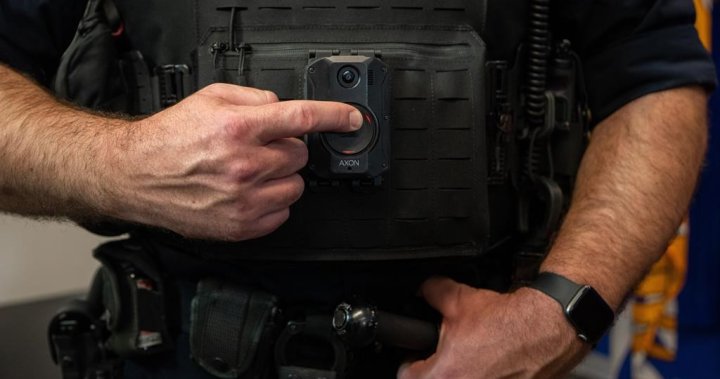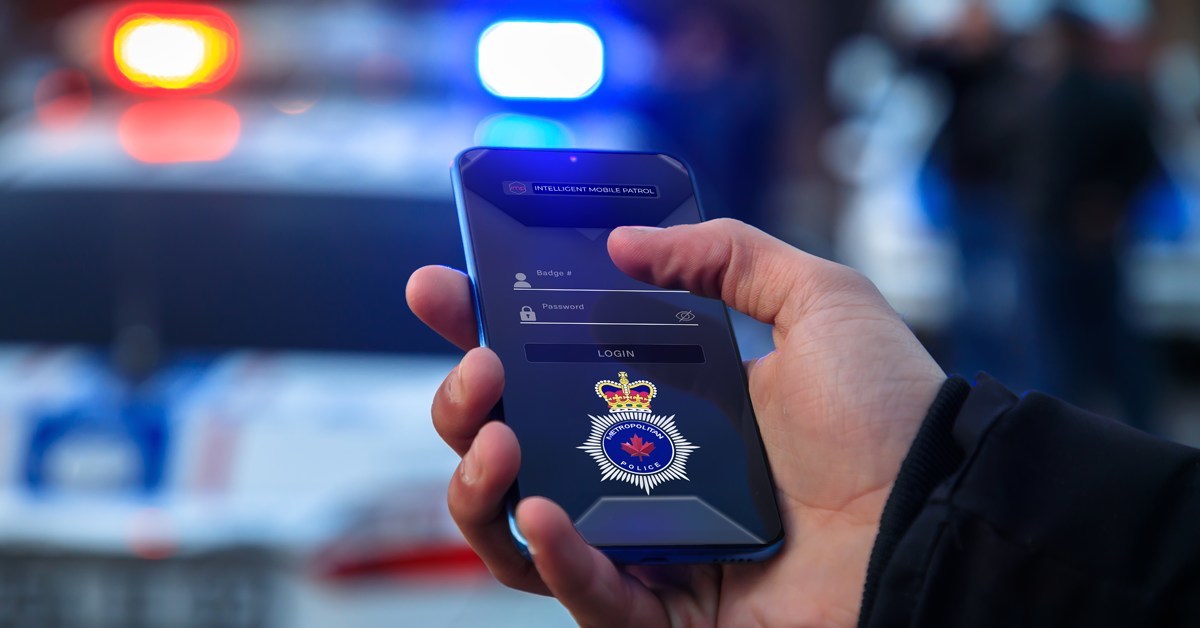Oldgateboatdriver
Army.ca Veteran
- Reaction score
- 2,782
- Points
- 1,010
Except that on that base, everybody without exception was under the colonel's command.

If it contained CI info and other aspects putting witnesses at risk etc on that file- it wouldn’t be just providing “information on personal safety and home safety” as a response. Maybe you’re right, but my experience with what you do in response to stolen notebooks and USB drives says this isn’t. But you’re right- we can’t know presentlyTough to say if it would be a general duty notebook with a bunch of stuff from a bunch of files, or if it would be a case-specific project notebook with, say, notes for witness statements etc pertaining to that particular file. Either way an embarrassing oops. I wonMt try to speculate about the specifics on the potential risks.
Sure, that makes sense too. Suggesting someone moves out of their house struck me as something more than just being cautious. I can't recall ever reading about police suggesting people leave home just in case.there is potential risk because bad guys have all their contact info- but there isn’t presently any anticipated or imminent risk.
Theres a good chance this is just an officer who was assisting in the search and their notebook doesn’t have informant identity or info in it. So it’s just an abundance of caution because Ingrid’s contact and break and enter compliant details are out there
The info we give to notify individuals who are are at various risk levels across the country varies and even agency to agency. But generally it covers a massive gamut of potential actions out of liability.Sure, that makes sense too. Suggesting someone moves out of their house struck me as something more than just being cautious. I can't recall ever reading about police suggesting people leave home just in case.
Like soldiers writing down orders complete with passwords in their FMP then going on patrol with it.Not sure how everyone else does it, but human source info would not, I hope, be in a notebook being brought out and about on regular business. I’m less concerned about that possibility. That would be a whole different level of holy shit bad.
Except gloves, toques and raincoats…we know a lot about those things…This is the internet. All we do is random uninformed speculation.
Not sure how everyone else does it, but human source info would not, I hope, be in a notebook being brought out and about on regular business. I’m less concerned about that possibility. That would be a whole different level of holy shit bad.
The OPP was looking into digital note-keeping. I don't know anything about the project other than it existed or exists.I wonder how feasible it would be for police to use PDAs for note taking.
A long time coming. At first, the Conservative government wanted nothing to do with it, probably simply by virtue that it was a Liberal Bill. Once they slowly warmed to it, development of the Regulations took a lot of legwork, particularly ones involving personnel and discipline. The fact that Human Rights Commission and Info & Privacy Commission think it is lacking, to me, is an endorsement.
Overhaul of Ontario police law set to take effect 5 years after act passed | Globalnews.ca
An overhaul of Ontario's 34-year-old law governing policing in the province is set to take effect next month.globalnews.ca
Some interesting changes
I wonder how feasible it would be for police to use PDAs for note taking.
The OPP was looking into digital note-keeping. I don't know anything about the project other than it existed or exists.

Many police services are at various places along that road. In speaking to folks who are still working, they are finding it hard to keep up with the speed of technical changes. A credible voice-to-text system will be a game-changer. The younger generation is pretty fast with thumb-typing, but it's still comparatively slow. Proving notes will remain a challenge, particularly for disclosure and court. Traditional handwritten notes are original evidence in its original form. Once software converts voice - the original form - to digital, there will be a need to ensure, for example, it didn't turn 'can't' into 'can'.I believe there are a couple of Ontario departments using some form of electronic note taking. I think so far as I know its Brantford, Halton, York (maybe). Not sure of anywhere else.

York Regional Police Selects IMP for their e-notes digital transformation
/CNW/ - York Regional Police announced today that it will be implementing use of new policing software called Intelligent Mobile Patrol (IMP) throughout its...www.newswire.ca
Many police services are at various places along that road. In speaking to folks who are still working, they are finding it hard to keep up with the speed of technical changes. A credible voice-to-text system will be a game-changer. The younger generation is pretty fast with thumb-typing, but it's still comparatively slow. Proving notes will remain a challenge, particularly for disclosure and court. Traditional handwritten notes are original evidence in its original form. Once software converts voice - the original form - to digital, there will be a need to ensure, for example, it didn't turn 'can't' into 'can'.
I hope CPS doesn't get this before Edmonton does. Those lowsy scoundrels...I think Calgary has that capability. There’s some provincial court case law out of Alberta about electronic notes and what makes them presumptively reliable in terms of being an officer’s contemporaneous notes that can later be relied on for testimony.
Many police services are at various places along that road. In speaking to folks who are still working, they are finding it hard to keep up with the speed of technical changes. A credible voice-to-text system will be a game-changer. The younger generation is pretty fast with thumb-typing, but it's still comparatively slow. Proving notes will remain a challenge, particularly for disclosure and court. Traditional handwritten notes are original evidence in its original form. Once software converts voice - the original form - to digital, there will be a need to ensure, for example, it didn't turn 'can't' into 'can'.
That would make sense as that is the same process for statement transcription in a lot of places as well. Once transcribed it has to be compared to the originals again and certified- so the natural leap to BWC would be to have the same process.I was speaking to a Toronto police officer. They use a voice to text program to translate the voices on the body cams to text. As part of their process they have to listen to the body cams and compare what was said to what the program translates it to, to ensure it is an accurate translation. I can see an issue if the department doesn't use body cams.
Surely they must be doing this if only required for a Crown Brief. I can't imagine every road warrior reviewing every recorded moment of previous shifts.I was speaking to a Toronto police officer. They use a voice to text program to translate the voices on the body cams to text. As part of their process they have to listen to the body cams and compare what was said to what the program translates it to, to ensure it is an accurate translation. I can see an issue if the department doesn't use body cams.
The public doesn't realize how astonishingly time consuming and resource intensive this single aspect of a criminal investigation is. In days gone by, hours and hours of typists transcribing every 'um' and 'ah', and hours and hours of proof-reading the transcript against the tape. Everybody thinks once the charges are laid its all done except the wrap-up party.That would make sense as that is the same process for statement transcription in a lot of places as well. Once transcribed it has to be compared to the originals again and certified- so the natural leap to BWC would be to have the same process.
Transcription is a problem at all levels. Very time consuming.
